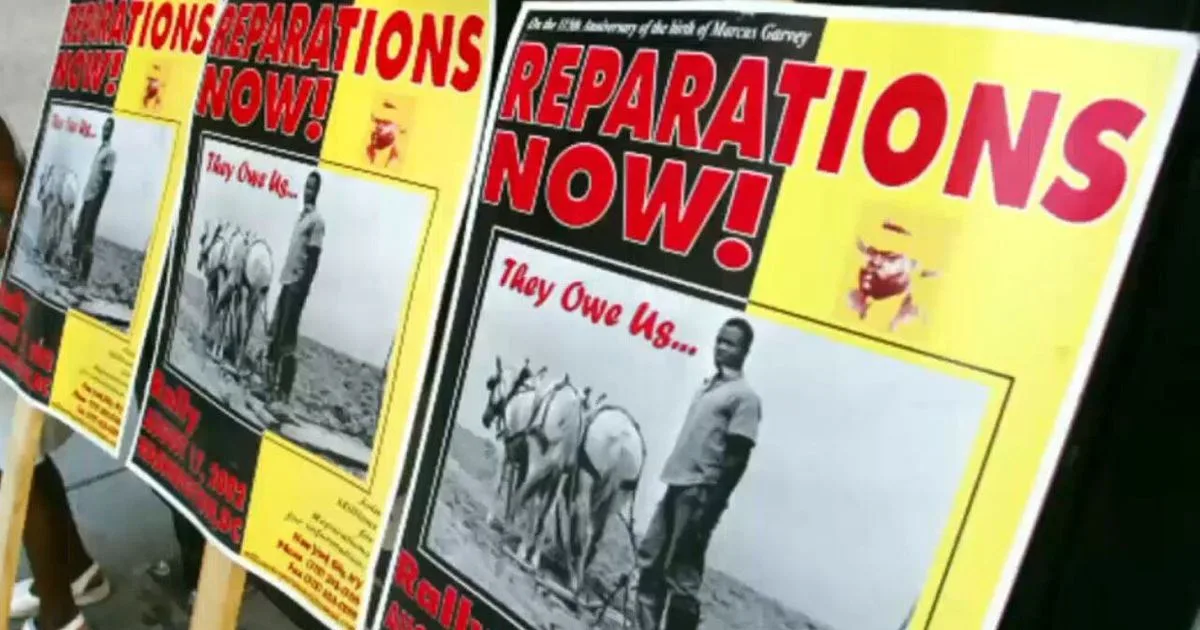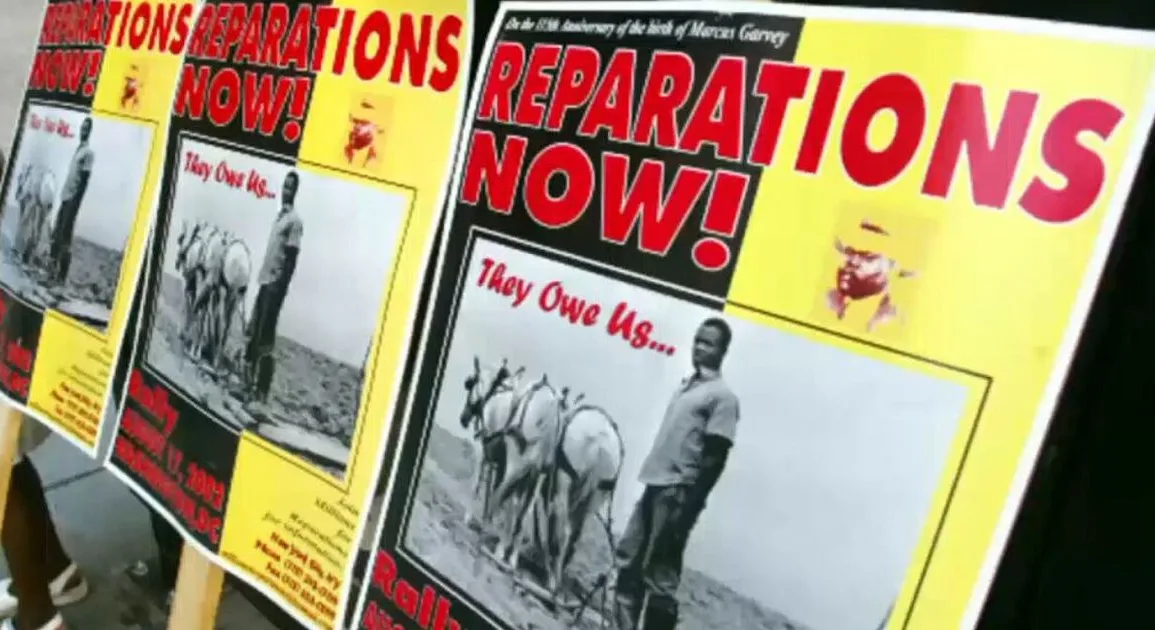
The Fulton County Reparations Task Force will get another $210,000 in county funding, enabling the hire of several researchers to prepare a final report by October 2024.
The money will flow through the Atlanta University Center Consortium, and the Atlanta University Center Data Science Initiative will be involved in the research, according to the contract.
Researchers will look into the county’s treatment of African Americans through elections, libraries, taxes, health, justice and access to county resources, according to a study agenda provided by the task force. They will cover everything from slavery’s 1751 establishment in Georgia through Fulton County’s creation in 1856, up to the end of urban renewal around 1980, the agenda says.
The contract is set to automatically renew for next year, but that doesn’t mean more money: it’s simply because allocations don’t carry over from one budget year to the next, and researchers will work on finishing their final report until next October, said county spokeswoman Jessica Corbitt.
Commissioners voted 4-2 last week to approve the funding, with Bob Ellis and Bridget Thorne opposed. The final version included a friendly amendment from Commissioner Dana Barrett to require more details on the scope of work and final product.
Ellis and Thorne, the commission’s two Republican members, criticized funding the research and the concept of reparations generally.
Thorne denounced it as a waste of tax money, citing subsidies for Grady Memorial Hospital, MARTA and low-income housing as evidence the county is doing enough to compensate for historic racial injustice.
“I believe the concept of reparations is hurtful,” she said. “We’re making our youth be victims, we’re not empowering our youth.”
Several initiatives to consider reparations for slavery and discrimination have begun around the country since California formed a task force in 2020. Fulton County’s task force, established in April 2021 but not meeting until October of that year, is the first reparations task force in the former Confederacy.
In January commissioners approved $250,000 for the group, largely to pay for research by faculty and students at Atlanta University Center, Emory University and Georgia State University.
Initially Fulton’s task force was unfunded, though the county library system provided some research help, as did a Duke University researcher.
A preliminary report from the task force, delivered at the start of 2022, said Fulton County benefited from exploiting slave and convict labor, while African American residents paid for public services they could not use. The final report is expected to provide specific details and recommendations.


